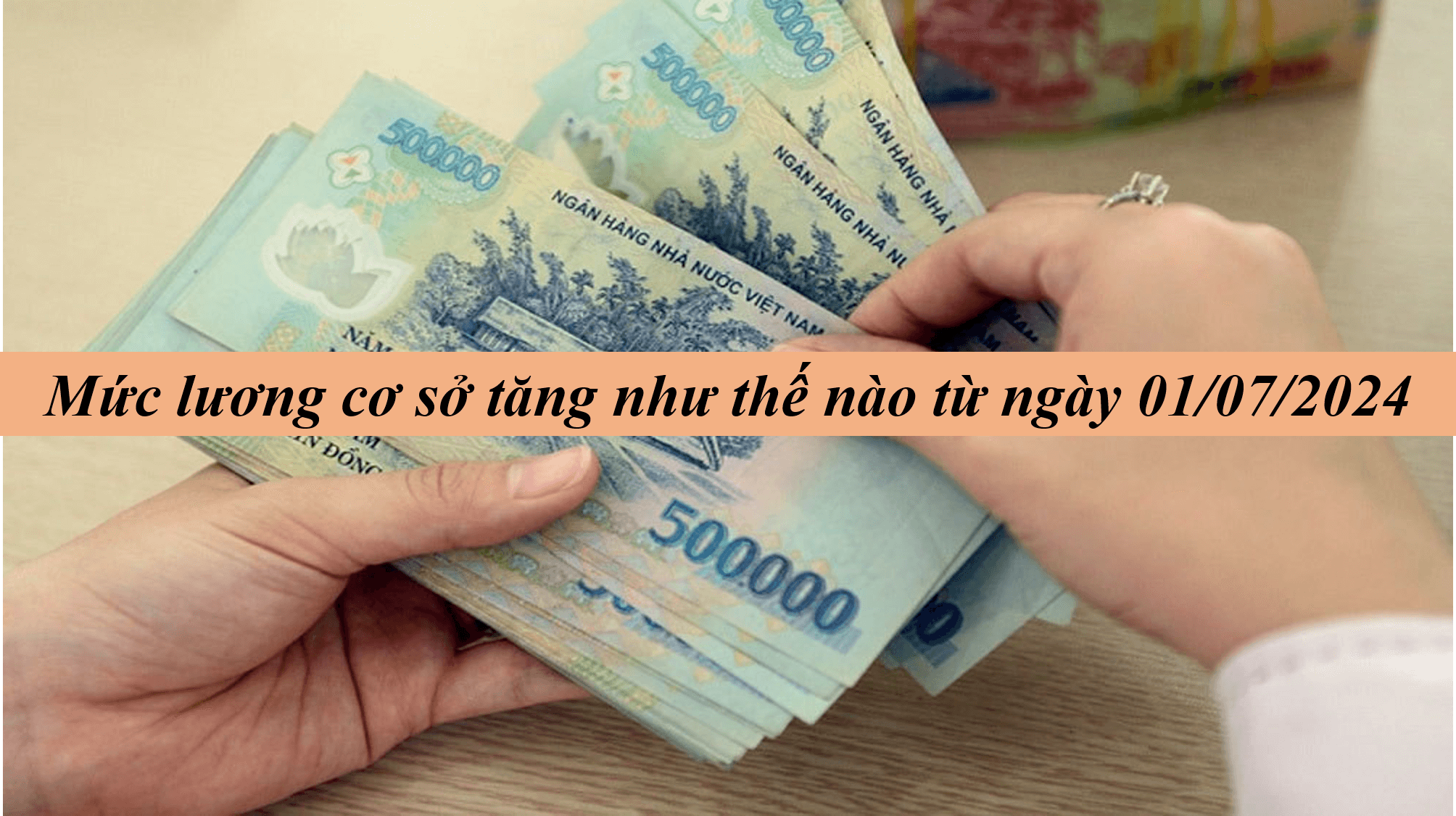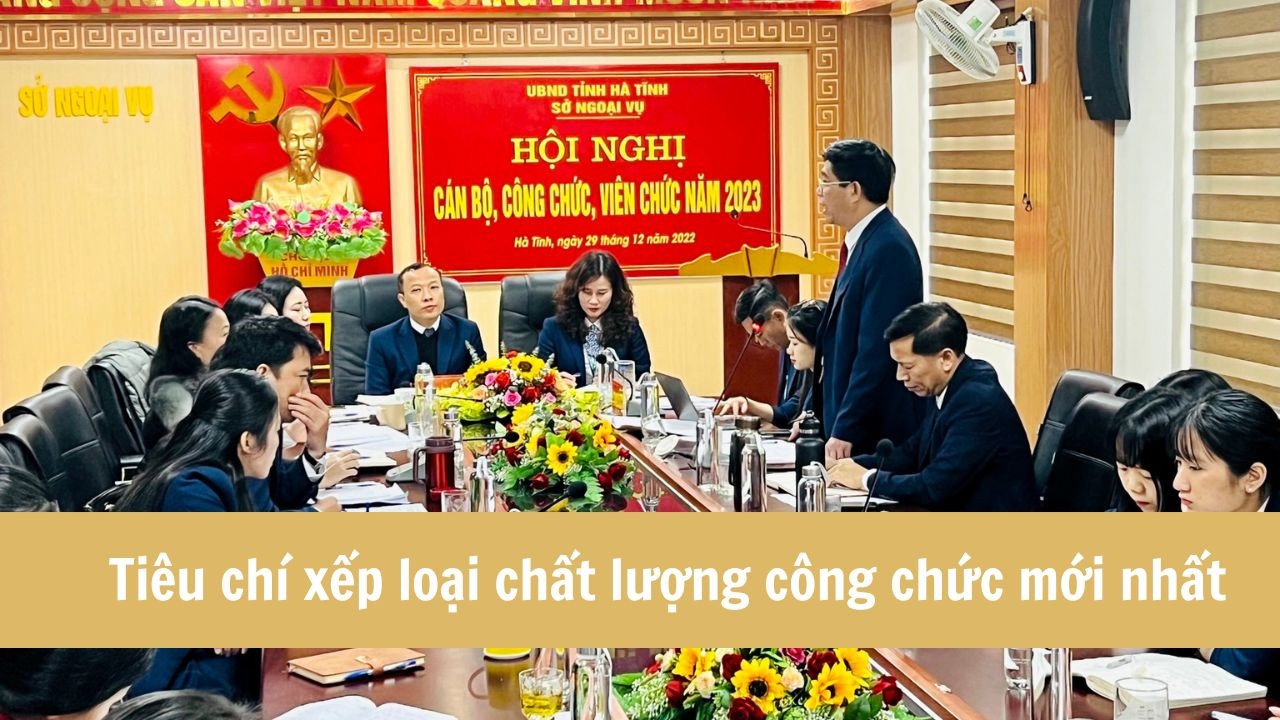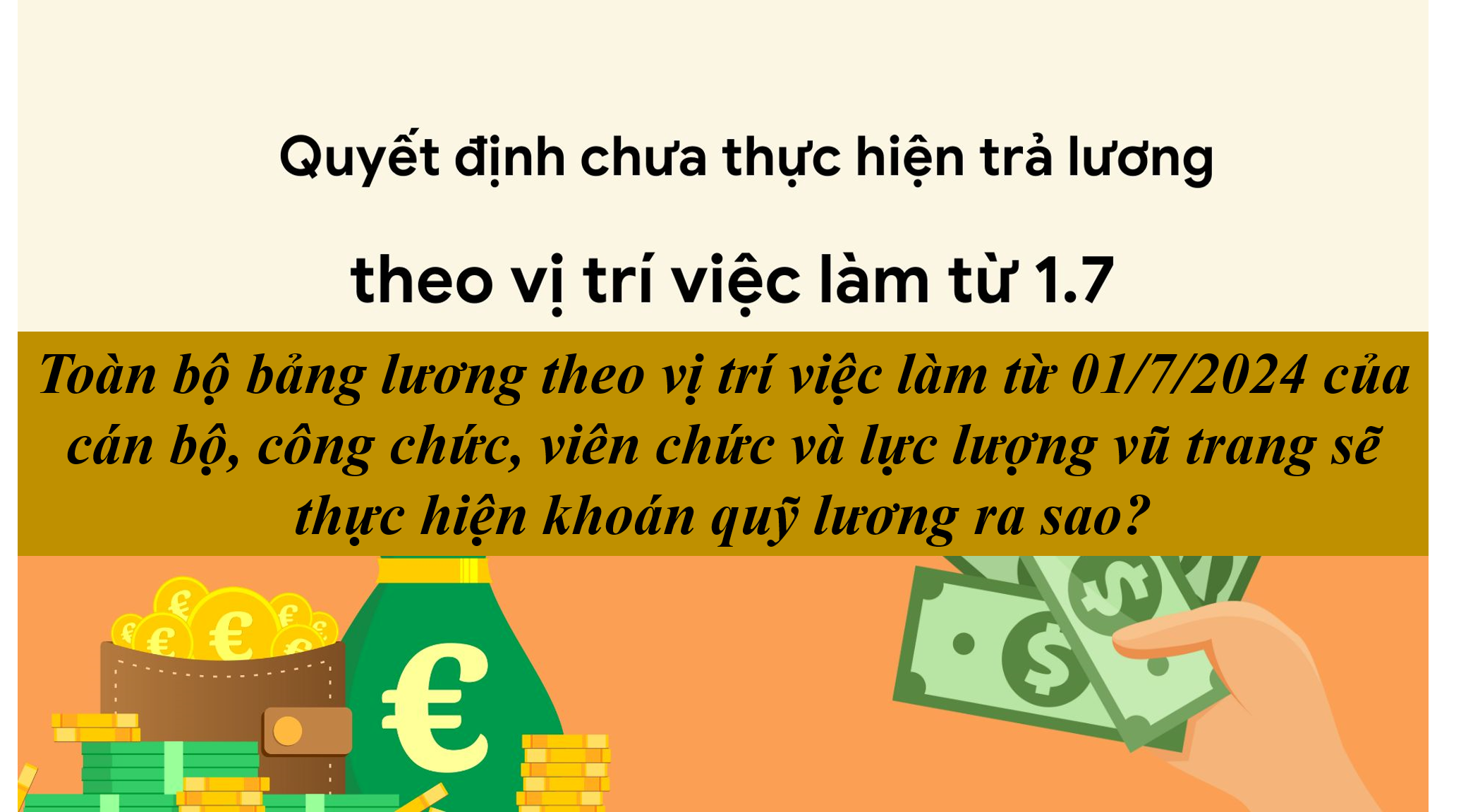 Tìm kiếm
Tìm kiếm
Chương IX Luật cán bộ, công chức 2008: Khen thưởng và xử lý vi phạm
| Số hiệu: | 22/2008/QH12 | Loại văn bản: | Luật |
| Nơi ban hành: | Quốc hội | Người ký: | Nguyễn Phú Trọng |
| Ngày ban hành: | 13/11/2008 | Ngày hiệu lực: | 01/01/2010 |
| Ngày công báo: | 10/03/2009 | Số công báo: | Từ số 143 đến số 144 |
| Lĩnh vực: | Bộ máy hành chính | Tình trạng: | Còn hiệu lực |
TÓM TẮT VĂN BẢN
Văn bản tiếng việt
Văn bản tiếng anh
1. Cán bộ, công chức có thành tích trong công vụ thì được khen thưởng theo quy định của pháp luật về thi đua khen thưởng.
2. Cán bộ, công chức được khen thưởng do có thành tích xuất sắc hoặc công trạng thì được nâng lương trước thời hạn, được ưu tiên khi xem xét bổ nhiệm chức vụ cao hơn nếu cơ quan, tổ chức, đơn vị có nhu cầu.
Chính phủ quy định cụ thể khoản này.
Cán bộ, công chức được miễn trách nhiệm trong các trường hợp sau đây:
1. Phải chấp hành quyết định trái pháp luật của cấp trên nhưng đã báo cáo người ra quyết định trước khi chấp hành;
2. Do bất khả kháng theo quy định của pháp luật.
1. Cán bộ vi phạm quy định của Luật này và các quy định khác của pháp luật có liên quan thì tuỳ theo tính chất, mức độ vi phạm phải chịu một trong những hình thức kỷ luật sau đây:
2. Việc cách chức chỉ áp dụng đối với cán bộ được phê chuẩn giữ chức vụ theo nhiệm kỳ.
3. Cán bộ phạm tội bị Tòa án kết án và bản án, quyết định đã có hiệu lực pháp luật thì đương nhiên thôi giữ chức vụ do bầu cử, phê chuẩn, bổ nhiệm; trường hợp bị Tòa án phạt tù mà không được hưởng án treo thì đương nhiên bị thôi việc.
4. Việc áp dụng các hình thức kỷ luật, thẩm quyền, trình tự, thủ tục xử lý kỷ luật cán bộ được thực hiện theo quy định của pháp luật, điều lệ của Đảng Cộng sản Việt Nam, tổ chức chính trị - xã hội và văn bản của cơ quan, tổ chức có thẩm quyền.
1. Công chức vi phạm quy định của Luật này và các quy định khác của pháp luật có liên quan thì tuỳ theo tính chất, mức độ vi phạm phải chịu một trong những hình thức kỷ luật sau đây:
2. Việc giáng chức, cách chức chỉ áp dụng đối với công chức giữ chức vụ lãnh đạo, quản lý.
3. Công chức bị Tòa án kết án phạt tù mà không được hưởng án treo thì đương nhiên bị buộc thôi việc kể từ ngày bản án, quyết định có hiệu lực pháp luật; công chức lãnh đạo, quản lý phạm tội bị Tòa án kết án và bản án, quyết định đã có hiệu lực pháp luật thì đương nhiên thôi giữ chức vụ do bổ nhiệm.
4. Chính phủ quy định việc áp dụng các hình thức kỷ luật, trình tự, thủ tục và thẩm quyền xử lý kỷ luật đối với công chức.
1. Thời hiệu xử lý kỷ luật là thời hạn do Luật này quy định mà khi hết thời hạn đó thì cán bộ, công chức có hành vi vi phạm không bị xem xét xử lý kỷ luật.
Thời hiệu xử lý kỷ luật là 24 tháng, kể từ thời điểm có hành vi vi phạm.
2. Thời hạn xử lý kỷ luật đối với cán bộ, công chức là khoảng thời gian từ khi phát hiện hành vi vi phạm kỷ luật của cán bộ, công chức đến khi có quyết định xử lý kỷ luật của cơ quan, tổ chức có thẩm quyền.
Thời hạn xử lý kỷ luật không quá 02 tháng; trường hợp vụ việc có những tình tiết phức tạp cần có thời gian thanh tra, kiểm tra để xác minh làm rõ thêm thì thời hạn xử lý kỷ luật có thể kéo dài nhưng tối đa không quá 04 tháng.
3. Trường hợp cá nhân đã bị khởi tố, truy tố hoặc đã có quyết định đưa ra xét xử theo thủ tục tố tụng hình sự, nhưng sau đó có quyết định đình chỉ điều tra hoặc đình chỉ vụ án mà hành vi vi phạm có dấu hiệu vi phạm kỷ luật thì bị xử lý kỷ luật; trong thời hạn 03 ngày, kể từ ngày ra quyết định đình chỉ điều tra, đình chỉ vụ án, người ra quyết định phải gửi quyết định và hồ sơ vụ việc cho cơ quan, tổ chức, đơn vị có thẩm quyền xử lý kỷ luật.
1. Cơ quan, tổ chức, đơn vị quản lý cán bộ, công chức có thể ra quyết định tạm đình chỉ công tác trong thời gian xem xét, xử lý kỷ luật cán bộ, công chức, nếu để cán bộ, công chức đó tiếp tục làm việc có thể gây khó khăn cho việc xem xét, xử lý. Thời hạn tạm đình chỉ công tác không quá 15 ngày, trường hợp cần thiết có thể kéo dài thêm nhưng tối đa không quá 15 ngày; nếu cán bộ, công chức bị tạm giữ, tạm giam để phục vụ công tác điều tra, truy tố, xét xử thì thời gian tạm giữ, tạm giam được tính là thời gian nghỉ việc có lý do; hết thời hạn tạm đình chỉ công tác nếu cán bộ, công chức không bị xử lý kỷ luật thì được tiếp tục bố trí làm việc ở vị trí cũ.
2. Trong thời gian bị tạm đình chỉ công tác hoặc bị tạm giữ, tạm giam để phục vụ cho công tác điều tra, truy tố, xét xử, cán bộ, công chức được hưởng lương theo quy định của Chính phủ.
1. Cán bộ, công chức bị khiển trách hoặc cảnh cáo thì thời gian nâng lương bị kéo dài 06 tháng, kể từ ngày quyết định kỷ luật có hiệu lực; nếu bị giáng chức, cách chức thì thời gian nâng lương bị kéo dài 12 tháng, kể từ ngày quyết định kỷ luật có hiệu lực.
2. Cán bộ, công chức bị kỷ luật từ khiển trách đến cách chức thì không thực hiện việc nâng ngạch, quy hoạch, đào tạo, bổ nhiệm trong thời hạn 12 tháng, kể từ ngày quyết định kỷ luật có hiệu lực; hết thời hạn này, nếu cán bộ, công chức không vi phạm đến mức phải xử lý kỷ luật thì tiếp tục thực hiện nâng ngạch, quy hoạch, đào tạo, bổ nhiệm theo quy định của pháp luật.
3. Cán bộ, công chức đang trong thời gian bị xem xét kỷ luật, đang bị điều tra, truy tố, xét xử thì không được ứng cử, đề cử, bổ nhiệm, điều động, luân chuyển, biệt phái, đào tạo, bồi dưỡng, thi nâng ngạch, giải quyết nghỉ hưu hoặc thôi việc.
4. Cán bộ, công chức bị kỷ luật cách chức do tham nhũng thì không được bổ nhiệm vào vị trí lãnh đạo, quản lý.
Việc khen thưởng, kỷ luật cán bộ, công chức được lưu vào hồ sơ cán bộ, công chức.
COMMENDATION. AND HANDLING OF VIOLATIONS
Article 76. Commendation of cadres and civil servants
1. Cadres and civil servants with outstanding public duty performance may be commended in accordance with the law on emulation and commendation.
2. Cadres and civil servants who are commended for excellent achievements or merits are entitled to salary raise ahead of time and priority appointment to higher posts if so needed by agencies, organizations or units.
The Government shall specify this Clause.
Article 77. Relief of cadres and civil servants from responsibility
Cadres and civil servants are relieved from responsibility in the following cases:
1. Having to implement illegal decisions of superiors after reporting to decision issuers;
2. In force majeure circumstances as prescribed by law.
Article 78. Forms of disciplining cadres
1. Cadres who violate this Law and other relevant laws are. depending on the nature and seriousness of violation, subject to one of the following disciplinary forms:
a/ Reprimand;
b/ Caution;
cl Demotion;
d/ Removal from office.
2. Demotion is applicable only to cadres approved to hold posts according to term of office.
3. Cadres who commit a criminal offense, are convicted by a court and their sentences or rulings have taken effect will be automatically disallowed to continue their elected, approved or appointed posts; if they are subjected to an imprisonment sentence which is not suspended, they will be automatically sacked.
4. The application of disciplinary forms to. and the competence, order and procedures for disciplining cadres comply with legal provisions, the statutes of the Communist Party of Vietnam and socio-political organizations, and documents of competent agencies and organizations.
Article 79. Forms of disciplining civil servants
1. Civil servants who violate this Law or other relevant laws are, depending on the nature and seriousness of violation, subject to one of the following disciplinary forms:
a/ Reprimand;
b/ Caution;
cl Salary reduction;
d/ Demotion;
e/ Removal from office:
e/ Sack.
2. Demotion and removal from office are applicable only to civil servants holding leading or managerial posts.
3. Civil servants who arc subject to an imprisonment sentence which is not suspended will be automatically sacked on the date their sentences or rulings take effect: leading or managerial civil servants who are convicted by a court and their sentences or rulings have taken effect will automatically be removed from their appointed posts.
4. The Government shall stipulate the application of disciplinary forms, and the order, procedures and competence to discipline civil servants.
Article 80. Statute of limitations and lime limits for disciplining
1. The statute of limitations for disciplining is a time limit prescribed by this Law at the end of which a cadre or civil servant who has committed a violation will not be disciplined.
The statute of limitations for disciplining is 24 months, counting from the date of committing a violation.
2. The time limit for disciplining a cadre or civil servant is a period from the time of delecting a cadre or civil servant’s breach of discipline to the time of issuance by a competent agency or organization of disciplining decision.
The time limit for disciplining is 2 months; if a case involves complicated circumstances which need further verification, this time limit may be prolonged but must not exceed 4 months.
3. For an individual against whom a criminal case was instituted or who was prosecuted or decided to be brought to trial according to criminal procedures but then his/her investigation or trial is terminated under a decision, if his/her act of violation shows signs of breach of discipline, he/she shall be disciplined within 3 days after the date the investigation or trial termination decision is issued. The decision issuer shall send the decision and the case file to the competent agency, organization or unit for disciplining.
Article 81. Suspension of cadres and civil servants from working
1. While considering disciplining a cadre or civil servant, the agency, organization or unit managing him/her may issue a decision to suspend his/her work if il deems that his/her continued work may cause difficulties to the handling of his/her violation. The time limit for such suspension is 15 days and may be extended in special cases but not for another 15 days. If a cadre or civil servant is seized or detained to serve investigation, prosecution or trial activities, the period of seizure or detention is regarded as a time of justified leave; past this time limit if the cadre or civil servant faces no discipline, he/she may resume his/her work.
2. During the time of work suspension or seizure or detention to serve investigation, prosecution or trial activities, a cadre or civil servant may still receive salaries under the (iovernment’s regulations.
Article 82. Other provisions concerning disciplined cadres and civil servants
1. For cadres or civil servants who are reprimanded or cautioned, their salary raise period will be prolonged for 6 months from the date their disciplining decisions take effect; if being demoted or removed from office, their salary raise period will be prolonged for 12 months from the date their disciplining decisions take effect.
2. For cadres or civil servants who are disciplined in the form of reprimand to removal from office, they are not entitled to rank promotion, planning, training and appointment for 12 months from the effective dale ol theii disciplining decisions; past this time limit, if they commit no violations subject to discipline, they are again entitled to rank promotion, planning, training and appointment according to law.
3. Cadres and civil servants who are being examined for disciplining, investigated, prosecuted or tried may not stand as candidates, be nominated, appointed, transferred, rotated, seconded, trained or retrained, sit rank promotion examinations, retire or give up their jobs.
4. Cadres and civil servants who are removed from office due to corruption may not be appointed to leading or managerial posts.
Article 83. Management of commendation and disciplining records of cadres and civil servants
The commendation and disciplining of cadres and civil servants shall be filed in their records.
Cập nhật
Bài viết liên quan
Có được thanh toán nghỉ phép năm đối với cán bộ công chức thôi việc không?

Có được thanh toán nghỉ phép năm đối với cán bộ công chức thôi việc không?
Việc thanh toán nghỉ phép năm đối với cán bộ, công chức thôi việc là một vấn đề quan trọng, liên quan trực tiếp đến quyền lợi của người lao động khi kết thúc công tác tại cơ quan nhà nước. Theo các quy định hiện hành, cán bộ, công chức khi thôi việc có quyền được thanh toán số ngày nghỉ phép năm chưa sử dụng, tuy nhiên, việc này còn phụ thuộc vào một số yếu tố nhất định. Bài viết này sẽ làm rõ các quy định pháp lý liên quan và điều kiện để được thanh toán nghỉ phép năm trong trường hợp cán bộ, công chức thôi việc. 26/12/2024Số ngày nghỉ phép năm đối với cán bộ, công chức là bao nhiêu?

Số ngày nghỉ phép năm đối với cán bộ, công chức là bao nhiêu?
Số ngày nghỉ phép năm đối với cán bộ, công chức là một trong những quyền lợi quan trọng, giúp đảm bảo sức khỏe và tinh thần làm việc của người lao động trong khu vực công. Theo quy định của pháp luật Việt Nam, số ngày nghỉ phép này được xác định dựa trên các yếu tố như thâm niên công tác và quy định tại các văn bản pháp lý liên quan. Trong bài viết này, chúng ta sẽ cùng tìm hiểu chi tiết về số ngày nghỉ phép năm của cán bộ, công chức, cũng như các quy định và điều kiện đi kèm. 26/12/2024Mẫu giấy nghỉ phép dành cho cán bộ, công chức mới nhất 2025

Mẫu giấy nghỉ phép dành cho cán bộ, công chức mới nhất 2025
Giấy nghỉ phép là một tài liệu quan trọng, giúp cán bộ, công chức thông báo về việc vắng mặt trong công việc do lý do sức khỏe, gia đình hoặc các tình huống bất khả kháng khác. Mẫu giấy nghỉ phép dành cho cán bộ, công chức trong năm 2025 có một số thay đổi về nội dung và hình thức để phù hợp với quy định mới, giúp quản lý nhân sự hiệu quả hơn. Bài viết này sẽ cung cấp thông tin về mẫu giấy nghỉ phép mới nhất. 26/12/2024Mức lương cơ sở tăng như thế nào từ ngày 01/07/2024

Mức lương cơ sở tăng như thế nào từ ngày 01/07/2024
Lương cơ sở là mức lương để dùng làm căn cứ tính mức lương trong các bảng lương. Lương cơ sở là cơ sở để tính mức lương của người lao động có thể nhận được khi làm việc trong một cơ quan, tổ chức, doanh nghiệp, đơn vị nào đó. Vậy lương cơ sở là gì? Mức lương cơ sở tăng như thế nào từ ngày 01/07/2024. Bạn hãy tìm câu trả lời thông qua bài viết dưới đây. 16/11/2024Tiêu chí đánh giá, xếp loại chất lượng công chức mới nhất năm 2024

Tiêu chí đánh giá, xếp loại chất lượng công chức mới nhất năm 2024
Trong bối cảnh nền hành chính hiện đại, việc nâng cao chất lượng đội ngũ công chức là vô cùng quan trọng. Tiêu chí xếp loại chất lượng công chức không chỉ phản ánh năng lực cá nhân mà còn ảnh hưởng đến hiệu quả công việc và sự phục vụ người dân. Vậy hiện nay tiêu chí xếp loại chất lượng công chức được quy định như thế nào? 15/11/2024Miễn nhiệm là gì? Phân biệt miễn nhiệm, bãi nhiệm và cách chức

Miễn nhiệm là gì? Phân biệt miễn nhiệm, bãi nhiệm và cách chức
Miễn nhiệm là gì? Phân biệt miễn nhiệm, bãi nhiệm và cách chức 04/11/2024Toàn bộ bảng lương theo vị trí việc làm từ 01/7/2024 của cán bộ, công chức, viên chức và lực lượng vũ trang sẽ thực hiện khoán quỹ lương ra sao?

Toàn bộ bảng lương theo vị trí việc làm từ 01/7/2024 của cán bộ, công chức, viên chức và lực lượng vũ trang sẽ thực hiện khoán quỹ lương ra sao?
Toàn bộ bảng lương theo vị trí việc làm từ 01/7/2024 của cán bộ, công chức, viên chức và lực lượng vũ trang sẽ thực hiện khoán quỹ lương ra sao? 04/11/2024Những quy định về nghỉ không lương mà người lao động cần biết

Những quy định về nghỉ không lương mà người lao động cần biết
Nghỉ không hưởng lương là việc người lao động xin nghỉ trong các trường hợp cần thiết hay những sự kiện quan trọng. Tuy nhiên, vì những lý do khác nhau, nhiều người lao động không nắm được quy định về việc nghỉ không lương làm ảnh hưởng đến quyền và nghĩa vụ của bản thân. Bài viết dưới đây sẽ cung cấp thông tin chính xác về vấn đề này! 03/11/2024Khi nào được đặc cách xét thăng hạng chức danh nghề nghiệp viên chức ?


 Luật cán bộ, công chức 2008 (Bản Word)
Luật cán bộ, công chức 2008 (Bản Word)
 Luật cán bộ, công chức 2008 (Bản Pdf)
Luật cán bộ, công chức 2008 (Bản Pdf)